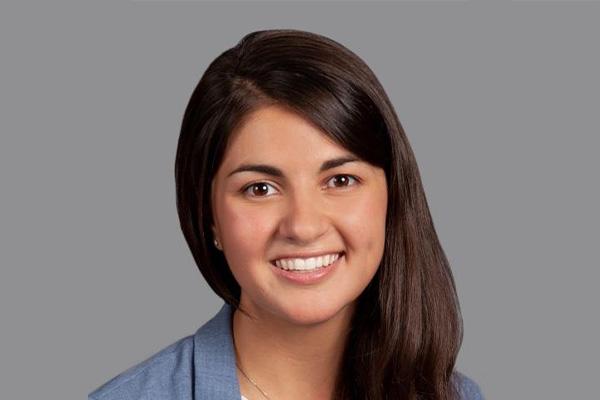
Since I was a little kid, I have wanted to live in a big city. Growing up in a small town and going to college at a rural state institution left me wanting to be somewhere urban and bustling. I wanted to meet people from all over. So you could say that I was not particularly excited about completing the Duke Physician Assistant Program’s required two rural clinical rotations. When I got my clinical year schedule, I was honestly a little disheartened to see that my first and third rotations were going to be “away rotations.”
My first rotation was pediatrics. When I arrived at an extremely rural practice, my preceptor told me that we were the only pediatrician within 45 miles. I was shocked. We had a completely booked schedule every day of the year, and patients drove from all over the area to see us. Soon, I saw the elevated level of respect and appreciation that patients and the families had for medical providers and a type of compassion from the providers I had not seen before. I witnessed these providers strategize how to ensure medical compliance, provide in-depth personalized medical education, and area/culture-specific recommendations for lifestyle modifications. Most importantly, I truly learned how to see the bigger picture in patients’ lives, see their barriers to care, and actively address them to bring about healthy change.
From this experience, I transitioned to medical oncology at Duke University Hospital and Cancer Center -- a completely different rotation at one of the best hospitals in the country. I learned so much about specific specialized care for acute complex cases from some of the world's top oncologists. I learned how patients and their loved ones will travel across state lines to see providers like us and how much of a gift it is to take care of people willing to go this distance for their health. I learned how to navigate appropriate medical care where you have endless technology within your reach but still need to ensure medical appropriateness and efficiency. I saw pure joy on defeated patients' faces when we told them that we have active clinical trials they could enroll in after being told that there were no options at their previous hospital. It was an experience like no other. I am not sure I would have completely appreciated it if I had not spent the previous month in a rural location.
Moving onto my third clinical, I went back to a rural site for OB-GYN with a privately practicing physician who did everything himself….I mean everything. We would be in the clinic all day, but constantly be on the phone with the hospital guiding care for admitted patients. Often, we would see office appointments in the morning, go complete a C-section at lunch, come back to the office for the afternoon, then back to the hospital for on-call coverage at night. He is the type of doctor that shows up in the middle of the night to deliver his patients’ babies, even if he was not scheduled for coverage. This type of grit and dedication to the community is something that I am not sure I would have witnessed working somewhere more urban. He taught me so much about trusting myself and learning how to handle emergencies when there are no other providers around.
After these three completely different experiences, I understand why the PA program emphasizes varied clinical experiences in both academic and community settings. As someone who was sure I would not be practicing rurally, I am so thankful for the time I spent away from Durham. There are lessons to be learned with every patient and provider interaction you have as a student and learning the art of medicine from different practices, different towns, and different cultures has been far more rewarding than I could have imagined.
Taylor Kovarik is a second-year student with the Duke Physician Assistant Program. Email taylor.kovarik@duke.edu with questions.
Editor’s note: Duke Physician Assistant Program students blog twice a month. Blogs represent the opinion of the author, not the Duke Physician Assistant Program, the Department of Family Medicine and Community Health, or Duke University.